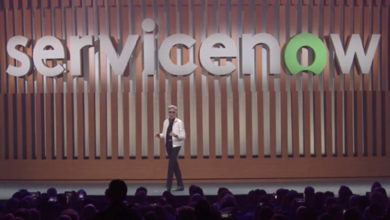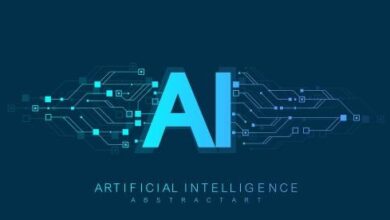Generative AI can transform the teaching-learning process

The field of education technology (EdTech) is experiencing a profound and rapid transformation, driven by extraordinary advancements in technology. Among these innovations, generative Artificial Intelligence (AI) appears as a groundbreaking technology poised to revolutionise the way students learn and teach.
Generative AI, a subset of AI, has a remarkable ability to create content such as images, textual information, music and more by synthesising the patterns and data it has analysed. Unlike traditional algorithms constrained by strict rules, generative AI models can produce dynamic and personalised outputs tailored for various educational applications.
Ensuring effective education
One of the most profound impacts of generative AI on education is its capability to ease personalised learning experiences. Envision a scenario where a student enthusiastic about Physics engages with a virtual tutor powered by generative AI. This tutor not only tailors explanations to suit the student’s preferred learning style but also generates customised quizzes and simulations to reinforce key concepts. By adapting content in real-time, based on the student’s progress, generative AI ensures a unique and effective educational journey.
Moreover, generative AI can create highly immersive and interactive learning environments. Through Augmented Reality (AR) and Virtual Reality (VR) applications enhanced by AI, students can immerse themselves in historical events, scientific phenomena, or imaginative scenarios, providing experiential learning that transcends traditional textbooks and lectures.
The impact of generative AI extends beyond personalisation and immersion. AI-powered platforms can automate content creation, allowing educators to focus more on teaching and less on administrative tasks. Additionally, AI can aid in showing individual learning needs and adapting instructional methods, accordingly, improving learning outcomes for students with diverse abilities and backgrounds.
Research suggests that students respond positively to interactive and engaging learning experiences helped by AI technologies. By incorporating gamification elements and adaptive feedback mechanisms, generative AI can enhance motivation and retention among learners, leading to more effective and enjoyable educational experiences.
Ethical usage
Furthermore, generative AI has the potential to address longstanding challenges in education, such as resource constraints and teacher shortages. AI-driven platforms can deliver high-quality educational content to remote or underserved communities, bridging gaps in access and promoting lifelong learning. However, the adoption of generative AI in education must be approached responsibly and ethically. Safeguarding data privacy, mitigating bias in algorithms, and ensuring transparency in AI applications are critical considerations to uphold trust and fairness in educational settings.
In conclusion, generative AI stands for a transformative force in the EdTech landscape, offering unparalleled opportunities to reimagine education on a global scale. By harnessing the power of AI to personalise learning, create immersive experiences, and enhance educational accessibility, we can empower learners to thrive in an increasingly complex and interconnected world.
As we continue to explore the potential of generative AI in education, it is essential to use research and evidence-based practices to maximise the benefits and address potential challenges. By fostering collaboration between educators, researchers, and AI developers, we can create a future where technology enhances, rather than replaces, the human dimension of teaching and learning.
(The author is founder and CEO, BeSingular)



